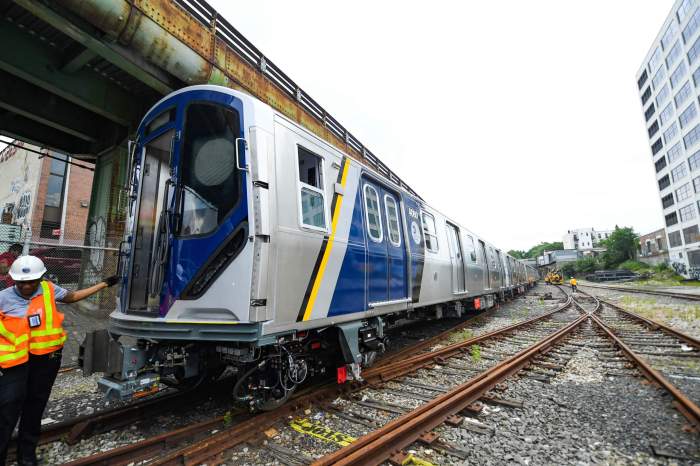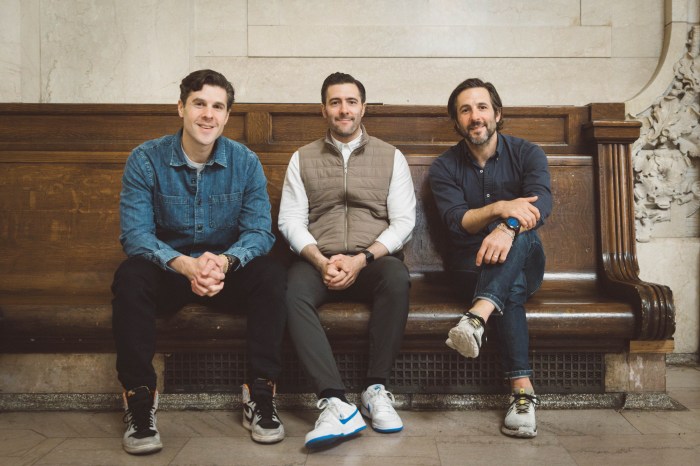
The MTA is testing a new technology that it hopes will lead to more reliable subway service.
Officials at the agency believe the technology, known as ultra-wideband radio, could serve as a cheaper, faster way to modernize the subway system’s ancient, frequently failing signal system. The testing of the technology began in secret earlier this month. It was first reported by the Daily News, and was confirmed by amNewYork.
“Our experiment with ultra-wideband, if successful, will allow the MTA to skip 20th century technology with a 21st century solution,” said MTA chairman Joe Lhota in a statement. “I’m highly optimistic about the possibilities.”
In theory ultra-wideband radio would allow the agency to directly locate trains on their tracks, which would facilitate more trains running more closely together on each subway line. The tech would also have the added benefit of allowing commuters to use cellphones inside subway tunnels.
Crews have installed two wireless, ultra-wideband radio devices along Brooklyn’s Culver line test track of the F and G lines, running between the Fourth Avenue-Ninth Street and Church Avenue stations. Jon Weinstein, a spokesman for the MTA, could not confirm a timeline for the technology’s testing.
While the radio technology wouldn’t completely replace the agency’s current signal system, it could speed up and cheapen the implementation of a modern signaling technology known as Communications-Based Train Control, or CBTC, according to Weinstein.
As of now, only the L train runs with CBTC. The 7 line, after a series of delays, will receive the technology next year. Installing CBTC across the subway system could cost $20 billion and take 50 years, according to an earlier estimate from the Regional Plan Association.



































